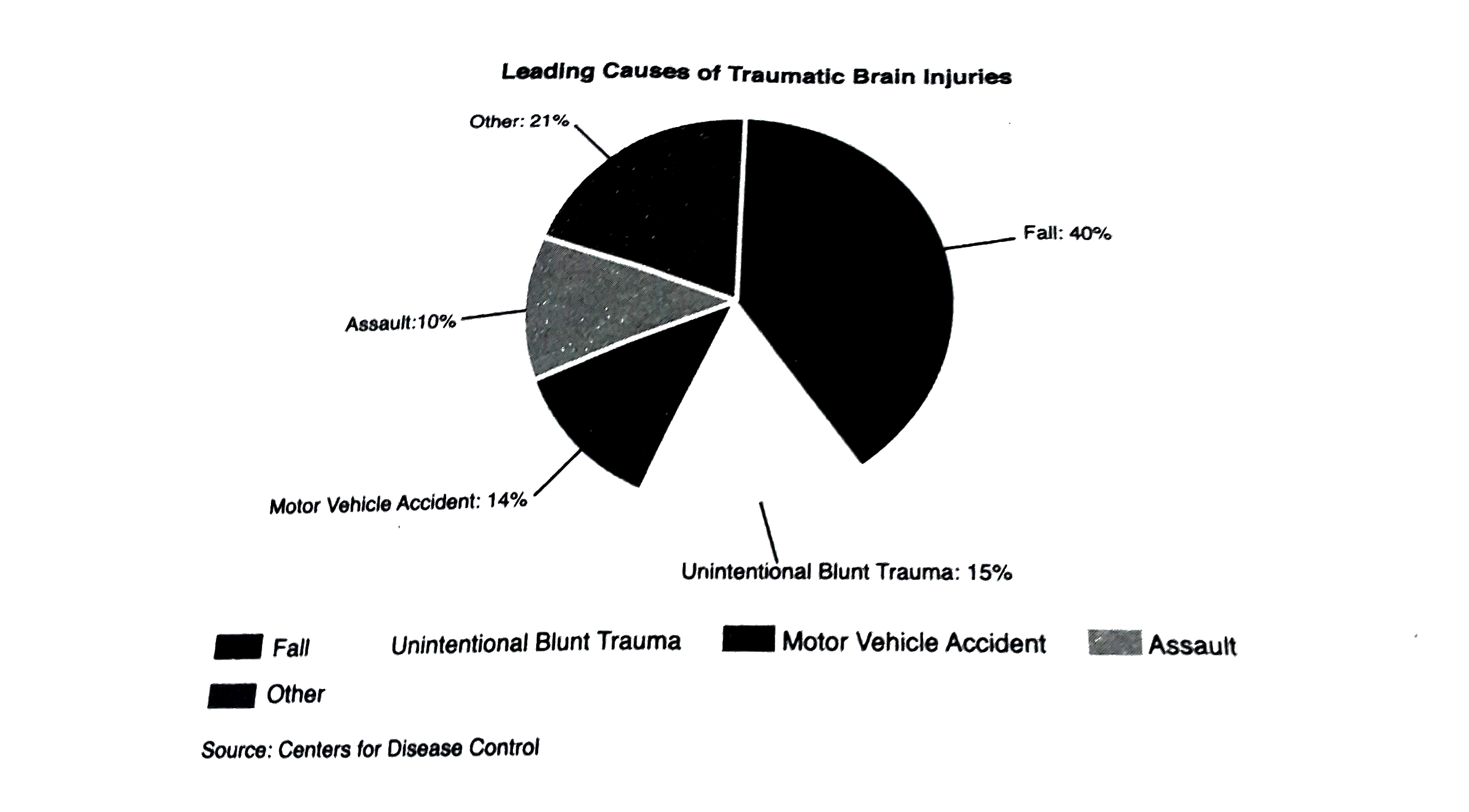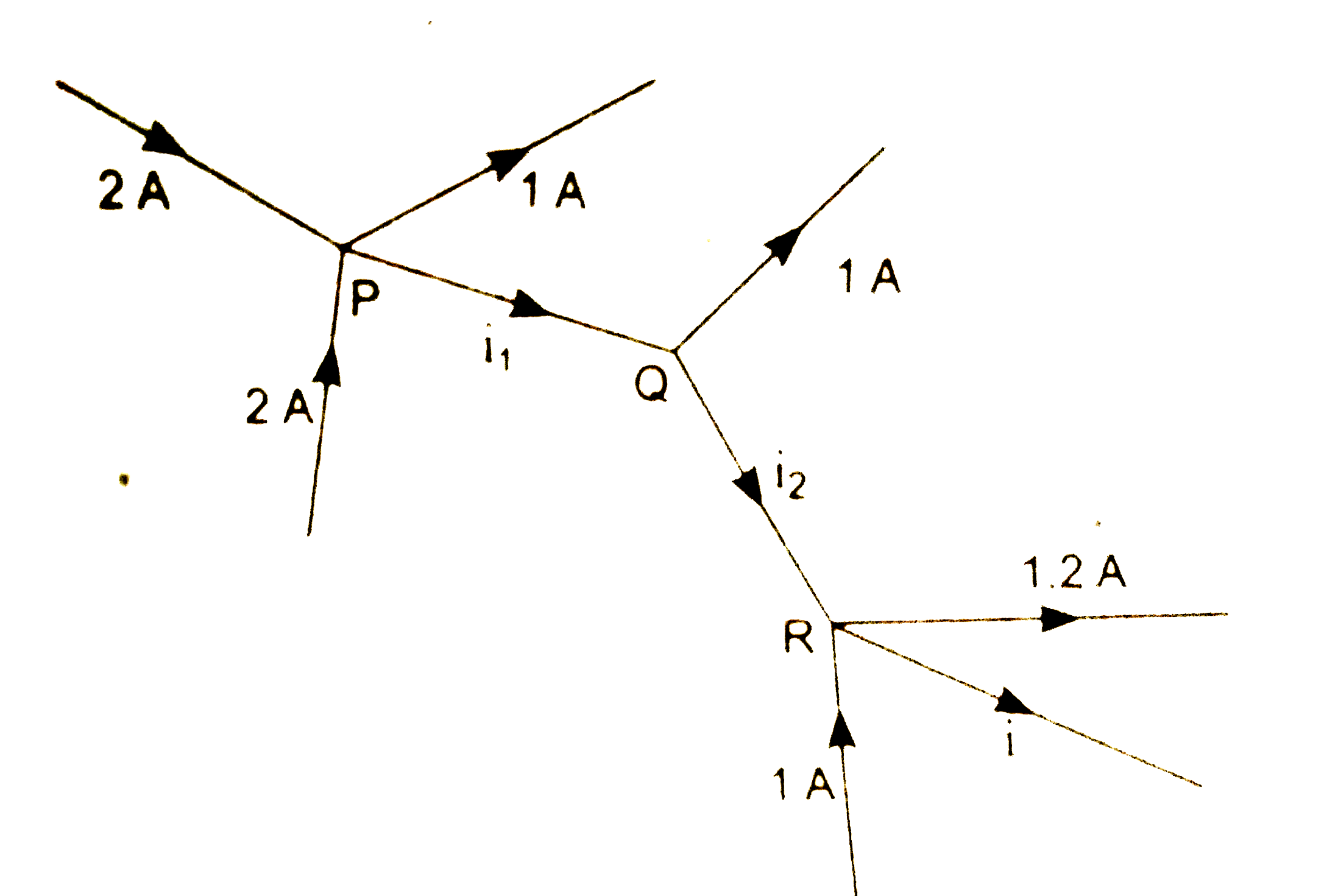Below is the beginning excerpt from Meditations on First Philosophy, by Rene Descartes, 1641, in which he muses about the nature of knowledge. MEDITATION I. of the Things of Which We May Now Doubt 1. SEVERAL years have now elapsed since I first became aware that I had accepted, even from my youth, many false opinions for true, and that consequently what I afterward based on such principles was highly doubtful, and from that time I was convinced of the necessity of undertaking once in my life to rid myself of all the opinions had adopted, and of commencing anew the work of building from the foundation, if l desired to establish a firm and abiding superstructure in the sciences. But as this enterprise appeared to me to be one of great magnitude, I waited until I had attained an age so mature as to leave me no hope that at any stage of life more advanced I should be better able to execute my design. On this account, I have delayed so long that I should henceforth consider I was doing wrong were I still to consume in deliberation any of the time that now remains for action. Today, then, since I have opportunely freed my mind from all cares [and am happily disturbed by no passions), and since I am in the secure possession of leisure in a peaceable retirement, I will at length apply myself earnestly and freely to the general overthrow of all my former opinions. 2. But, to this end, it will not be necessary for me to show that the whole of these are false-a point, perhaps, which I shall never reach, but as even now my reason convinces me that I ought not the less carefully to withhold belief from what is not entirely certain and indubitable, than from what is manifestly false, it will be sufficient to justify the rejection of the whole if I shall find in each some ground for doubt. Nor for this purpose will it be necessary even to deal with each belief individually, which would be truly an endless labor, but, as the removal from below of the foundation necessarily involves the downfall of the whole edifice, I will at once approach the criticism of the principles on which all my former beliefs rested. 3. All that I have, up to this moment, accepted as possessed of the highest truth and certainty, I received either from or through the senses. I observed, however, that these sometimes misled us, and it is the part of prudence not to place absolute confidence in that by which we have even once been deceived. 4. But it may be said, perhaps, that, although the senses occasionally mislead us respecting minute objects, and such as are so far removed from us as to be beyond the reach of close observation, there are yet many other of their informations (presentations), of the truth of which it is manifestly impossible to doubt, as for example, that I am in this place, seated by the fire, clothed in a winter dressing gown, that I hold in My hands this piece of paper, with other intimations of the same nature. But how could I deny that I possess these hands and this body, and withal escape being classed with persons in a state of insanity, whose brains are so disordered and clouded by dark bilious vapors as to cause them pertinaciously to assert that they are monarchs when they are in the greatest poverty, or clothed lin gold) and purple when destitute of any covering: or that their head is made of clay, their body of glass, or that they are gourds? I should certainly be not less insane than they, were I to regulate my procedure according to examples so extravagant.
the passage strongly implies that descartes believes that the structure of knowledge is best described as
hierarchical
disconnected
indubitable.
nonexistent
The correct Answer is:A
Hierarchal accurately depicts Descartes' belief that knowledge is based on an order of rank. To him, certain forms of knowledge are superior to others, those of par ticular subservience are based wholly on false, predetermined opinions. (B) is incorrect because Descartes states that we form principles based on those opinions, so they are connected. Indubitable means "unquestionable." And nonexistent would imply that Descartes doesn't believe in knowledge whatsoever.
Topper's Solved these Questions
Similar Questions
Based on the evidence in the graph,which of the following is true?

View SolutionBelow is the beginning of Harriet beecher stowe's 1852 novel. Uncle tom's cabin. Her own remark on te chapter is as follows: in which the redder is introduced to a man of humanity. Late in the afternoon of a chilly day in february two genelemen were sitting over their wine.in a well furnished parlour in the line town of P--- in kentucky in the midst of an earnest conversation. That is the way i should arrange the matter, said Mr. shelby, the owner of the place. the fact is Tome is an uncommon fellow, he is certainly worth that sum anywheree steady, honest, capable, manges my farm lie a clock. You ought to let him cover the whole of the debt, and you would, haley, if you'd got any conscience. " Well, I've got just as much conscience as any man in business can afford to keep, siad haley, and I',m willing to do anything to blige friends, but this yer, ye see, is too hard on a feller, it really is. haven't you a boy or gal on a feller, it realyy in with tom? Hum-- none that I Could well spare, to tell te truth, it s only hard necessity makes me sell at all." Here the door opened, and a small quadroon boy, remarkably beauti-ful and engaging, entered with a comic air of assurance which showed e was used to being petted and noticed by his master. hulloa. Jim crow," said mr. shelby, snapping a bunch of raisins towards him, " pick that up, Now the child scampered, with all his little strength after the prze while his master laughed. tel you what siad haley, " Fling in that cahp, and I' ll settle the business, I wil. At this moment a young woma. obviously the child's mother, came in search of him, and haley, as soon as she had carried him away, turned to mr. Shelby in admiration. By jupiter said the trader, there's an article now you might make your fortune on that one gal in orleans, any way what shall I say for her? What'll you take? " Mr haley, she is not to be sold. I say no, and I mean no," said Mr. shelby. decidedly. Well. you'll let me have the boy, though i would rather not sell him, '' said Mr. i would rather not sell him. Said mr' Shelby, the fact is I' m a humane man, and I hate to take the boy from his mother, sir. Oh, you do? la, Yes, I understand per-factly. It is mighty unpleasant getting on fectly. It is mighty unpleasant getting on with women sometimes. I al' ays hates these with women sometimes. I al' as hates these with women sometimes. I al' ays hates these yer screechin times. As I manages business. I generally avoids em, sir. now, what if you get the gal off for a day or so? then the thing's done quietly. it 's always best to do the humane thing. sir, that's been my experience." "I'd lie to have been able to kick the fellow down the steps, siad mr. shelby to himself, when the trader had bowed himself himself, when the trader had bowed humself out. And Eliza's child. too I know I shal have some fuss with the wife about that, and for that matter, about tom, too so much for being in dibt, heigho the prayer-meeting at uncle tome's cabin had been protracted to a very late hour, and Tom and his worthy helpmeet were not yet asleep, when between twelve and one there was a light tap on the window pane good Lord what that said Aunt chloe, starting up. My sakes alive it it aint Lizzy Get on your clothes, old man, quick. I'm gwine to open the door. and suiting the action to the word, the door flew open and the light of the candle wich Tom had hastily lighted. fell on the face of elizxa. I' m running away. Uncle tom and aunt chloe__ carrying off my child. Master sold him. " " Sold him? echoed both. holding up their hands in dismay. " Yes. sold him said eliza firmly. ' I crept into ther closet by mistre4ss's door to night, and I heard master tel missus that he had sold my harry and you , Uncle tom, both to a trader, and that the man was to take posses- sion to - day" Slowly, as the meaning of this speech came over Tom, he collapsed on his old chair, and sunk his head on his knees.
1. Which choice provides the best summary of what happened in the passage?
View Solutionसंक्रमण तत्वों के निम्नलिखित गुणों की व्याख्या कीजिए ।
(i) धानात्विक प्रकृति, (ii) अनुचुंबकिय लक्षण।
View Solutionसंयोजक कड़ी से आप क्या समझते है? उस जीवश्म जंतु का नाम बताइए जो प्रमाणित करता है की पक्षियों का विकास सरीसृपों से हुआ है!
View Solutionउस कीटभक्षी पौधों का नाम लीखिए जो भारत के उत्तर -पूर्वी भाग की अब संकटग्रस्त प्रजाति है ।
View Solutionदिए गए परिपथ में धारा I का मान ज्ञात कीजिये ?

View Solutionविघुत परिपथ संबन्धी किरचॉफ के नियम लिखिए । संलग्न चित्र से धारा i का मान ज्ञात कीजिये ।
View Solutionएक प्रेरक के बहने वाली धारा, i=4+12t द्वारा दी जाती है, जहाँ I ऐम्पियर में तथा t सेकण्ड में है | इसमें स्वप्रेरित विधुत वाहक बल 12 mV है | ज्ञात कीजिए- (i) स्वप्रेरकत्व, तथा (ii) t=1 सेकण्ड पर प्रेरक में संचित ऊर्जा एवं इसको प्रदान की गयी शक्ति |
View Solutionएक प्रेरक में प्रवाहित धारा, i=2+5t द्वारा व्यक्त की जाती है, जहाँ i ऐम्पियर तथा t सेकण्ड में है | इसमें स्वप्रेरित विधुत वाहक बल 10 मिलिवोल्ट है | ज्ञात कीजिए -
(i) स्वप्रेरण गुणांक, तथा (ii) t=2 सेकण्ड पर प्रेरक में संचित ऊर्जा |
View Solutionमैने 5 पेन , 7 पेंसिल और 4 रबड़ खरीदे । शालू ने 6 पेन , 8 रबड़ और 14 पेंसिल खरीदी जिसके लिये उसने , जो मैने भुगतान किया था , उससे आधा अधिक भुगतान किया । मैने पेन पर कुल का किनते % भुगतान किया ?
View Solutionदो पाँसे एक साथ उछाले जाते हैं। प्रायिकता ज्ञात कीजिए, जबकि ऊपर पड़ने वाली संख्याओं का योगफल
(i) एक सम संख्या हो, जो 8 से अधिक हो,
(ii) 3 का गुणज हो, जोकि 9 से अधिक न हो।
View Solutionनिम्नलिखित में से किसका अबसे अधिक द्विध्रुव-आघूर्ण है?
View SolutionN2O5 में बन्ध उपस्थित रहता है-
View Solutionवह तत्व, जो सभी ऑक्सीकरण अवस्थाओं में +I से +V तक ऑक्साइड बनता है-
View Solutionप्रथम पुनर्योगज DNA का निर्माण किसमें हुआ था ?
View Solutionतुई ने कार्टून चैनल के माध्यम से क्लोन के बारे में सुना तथा यह जान गयी कि "डाली" एक क्लोन भेड़ हैं । उसने अपने जीव विज्ञान के शिक्षक से चर्चा की , तब शिक्षक ने क्लोन एंव उसकी उत्पत्ति के बारे में विस्तृत रुप से बताया ।
उपर्युक्त गद्यांश के आधार पर निम्न प्रश्नों के उत्तर दीजिये - (i) क्लोन क्या हैं ?
(ii) पौधों में क्लोन का उत्पादन किस प्रकार किया जाता हैं ?
(iii) तुई ने जीव विज्ञान शिक्षक से क्लोन के बारे में जानकारी क्यों प्राप्त की ?
View Solution
